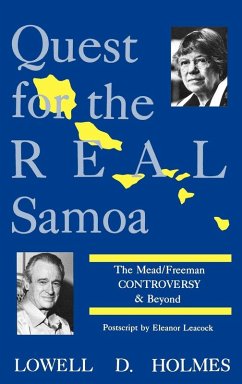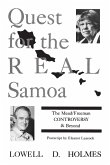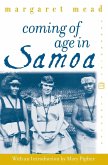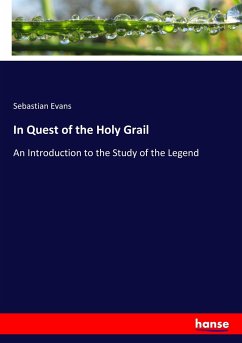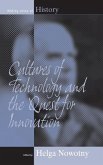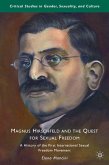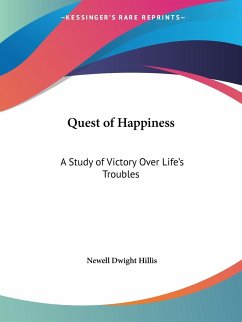Since the controversy began, Homes's restudy has been criticized by Freeman. Now Holmes has published his dissertation findings along with more recent observations on the controversy. Because he conducted the only explicit restudy of the Manu'a group, and because of his own extensive research in the islands over three decades, Holmes's Quest for the Real Samoa is worth reading. While the book will not resolve the controversy, it does provide an interesting perspective, some new data, and useful insights into the controversy. . . . Holmes concludes that Mead's work will endure, not because it was flawless or because it is a model for contemporary research, but precisely because it was pioneering and controversial. He sees the tragedy of the controversy in Freeman's almost exclusive focus on Mead, which could obscure Freeman's potential contribution to Samoan ethnography. This is where Freeman and Holmes differe fundamentally. For Freeman, the ultimate issue is the refutation of Mead's ideas on Samoan adolescence. For Holmes, it is a deeper appreciation of the possibilities of Samoan ethnography. To get beyond the Mead/Freeman controversy, it is this latter path that should be explored. American Anthropologist Holmes has a special claim to be heard, for in 1954 he did a restudy of Tau, the same village Mead had worked in 29 years before. While Mr. Holmes disagrees with her on various points, he does not find the `truth' to be midway between Mead and Mr. Freeman. His work showed the quality of Mead's Samoan research to be `remarkably high, ' while Mr. Freeman's refuation was, in Mr. Holmes's opinion, both methodologically shoddy and uncorroborated by the evidence. New York Times Book Review
Hinweis: Dieser Artikel kann nur an eine deutsche Lieferadresse ausgeliefert werden.
Hinweis: Dieser Artikel kann nur an eine deutsche Lieferadresse ausgeliefert werden.

